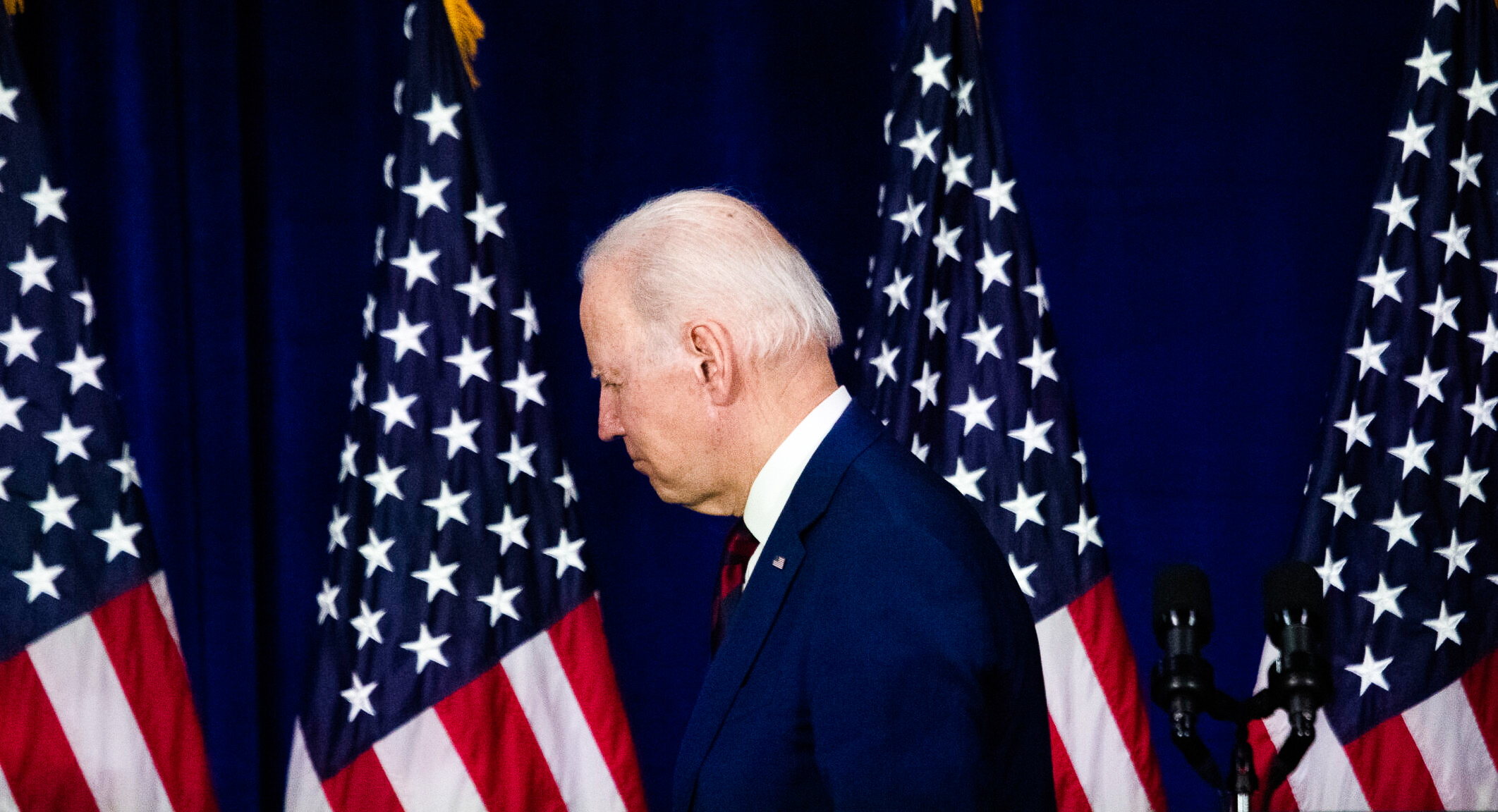With the yield on 10-year US Treasuries at its highest level in 15 years, borrowing costs for Americans are rising sharply. That’s certainly not the kind of news President Joe Biden wants to see as he ramps up his campaign for re-election. Borrowers shopping for mortgages or auto-loans are experiencing sticker shock. New 30-year fixed-rate mortgages today carry rates of around 7%, up from 3% two years ago. That increase can mean a homebuyer has to pay hundreds of dollars more a month compared with two years ago. Rates on car loans have also shot higher. Add to that the threat of a government shutdown this week, and the prospects for 2024 appear gloomy.
In theory, the deflationary impact of these higher borrowing costs should dampen consumer demand, slow down the economy and drive inflationary pressures lower. In fact, inflation has dropped considerably over the past year from a high of 9% in 2022 to just over 3% today. But recall that inflation merely measures the relative change in price levels, not the absolute cost of living, which remains exceptionally high, especially food and energy.
Here’s the conundrum: while deeply debt-stressed Americans (mostly those in the middle and working class) are experiencing a deterioration in their standard of living, there is also a smaller, but politically significant cohort of savers (mostly upper income) who are benefitting.
Why? Because for every borrower hurt by rising rates, there are savers who benefit from the additional income derived from higher rates. Unfortunately, though, there is little overlap between the needs of workers, who need lower borrowing costs to sustain their standard of living, and the elites, who have already benefitted significantly from a hitherto strong economy. That’s a recipe for social dislocation.
The interest rate weapon, as deployed by the Federal Reserve, is very diffuse in terms of its economic impact: using interest rates to fight inflation is akin to using a meat cleaver, rather than a scalpel, to conduct surgery. The former might help remove the offending tissue, but there are adverse collateral effects that may offset the benefits.
Likewise with interest rate hikes: they crush the living standards of those who are already heavily in debt, even as those higher rates generate more income for wealthy savers (and thereby exacerbate inequality, which continues to rise). Over time, this process could lead towards economic instability and, hence, substantially more political volatility.
The Federal Reserve might think that the resultant economic stress will make American workers more compliant. But it’s actually making them angrier. It must be particularly galling for them to be told by the likes of economist Paul Krugman that they are finally making progress on the wage front, when those nominal gains are being eroded by inflation and higher borrowing costs.
We’re already starting to see signs of their frustration. Strike activity is picking up significantly. Even as Hollywood’s screenwriters have just ended a multi-month work stoppage, America’s United Auto Workers have joined the picket lines, demanding pay hikes sufficient to make up for inflation.
Yes, the UAW is asking for a seemingly exorbitant 36% increase in pay. But under the current deal, auto workers’ current starting pay is $18.00 per hour which, as the journalist Timothy Noah has illustrated, “is about 36% below where it would be if the 2007 starting wage had kept up with inflation”. It’s also not much more than many would receive flipping burgers at McDonald’s.
In this context, and with another government shutdown looming, a Trump return to the White House is looking like an increasingly likely possibility.











Join the discussion
Join like minded readers that support our journalism by becoming a paid subscriber
To join the discussion in the comments, become a paid subscriber.
Join like minded readers that support our journalism, read unlimited articles and enjoy other subscriber-only benefits.
Subscribe